|
To add as much value for our members while contributing to the Coaching industry at large and the development of Coaching 2.0 methodologies and best practices, we've launched the Resources section on our website.
We hope you'll find these materials of use in your coaching practice.
0 Comments
Don't have time to read the entire website?
Can't read while you're driving or taking your evening stroll? Now you don't have to. We're pleased to announce that new Audio Guides as well as an Audio Guides section has been added to our website. Listen to key sections at your leisure to maximize your productivity. The Asia-Pacific Coaching Alliance's Advisory Board member, Kim Pedersen, was just interviewed by Asia Biz's Howard Lim. This is a very fascinating interview as Kim is one of the few foreigners to have been educated in the Japanese public school system rather than shipping of to the English-language curriculum's found in the international schools.
Hi Everyone, We're very excited to be rolling out our new series of High-Impact Coaching Training under the Coach For Impact!™ series. We have four titles in the training series including: 1. Introduction To High-Impact, Ethically-grounded Coaching: $75 USD** 2. High-Impact Communication Certification: $1,480 USD 3. High-Impact Business Development & Client Management: $1,980 USD 4. High-Impact Coaching Certification: $2,500 USD ** This can be applied as a credit against the High-Impact Coaching Certification. More details will be unveiled in the coming months! Before, Now And After Writing the No. 1 LinkedIn Book In Chinese (Hank Chin, APCA Director)9/23/2013 By Hank Chin Director, Asia-Pacific Impact Coaching Alliance Backgrounder To Writing The No.1 LinkedIn Book In Chinese Since I have dual roles in personal branding and job campaigning, it's always my desire and need to keep abreast and study trends as well as look into what the future may hold. And some time ago, after signing up for LinkedIn very early (it still wasn't very popular then), I have high expectations of its potential and so I invested my time to learn LinkedIn's new functions and how best to use them. It was clear to me that LinkedIn was a future star. LinkedIn is a very good platform to connect with like-minded people from around the world, and if it is used well it can be a very powerful tool with which to build your personal brand. So I stuck with LinkedIn, and then about 3 years ago LinkedIn started really growing rapidly, especially after the job search function was integrated into the original interface. It was at this time, that I thought that it was great timing to introduce LinkedIn to the Chinese-speaking world. From there, I invited a friend to write a book with me on the subject. Innovative Content Plus Thinking Structure Since very few people in the Chinese-speaking world had a clear idea of what LinkedIn, I spent the beginning of my book introducing the important and essential functions of LinkedIn to help readers quickly become familiar with LinkedIn. (continued below) I also clarified the difference between LinkedIn and a professional résumé, which confused many people at the time and which still confuses many peopel today. From there, I shared my knowledge and experience on how best to use LinkedIn to connect with both domestic and overseas jobs.
Throughout the book, I focus on the practical rather than the theoretical by presenting 7 real cases studies about jobs searches, business collaboration and recruiting, all of which happened to me and to the other author. I also share my perspective about networking on LinkedIn, the Quality vs. Quantity argument. And I developed and presented a LinkedIn connection grid (LCG™) to help you understand which type of connection strategy would work best for you based on your circumstances. Our LinkedIn Employment Flow (LEF™) is included in the chapter on job search strategy. In it, we teach you how to integrate your LinkedIn profile and professional résumé into your job search flow to pursue the job of your dreams. After reading LEF™, you'll have a clear structure of conducting job searches on LinkedIn. In addition to this, I also map out an 8-week personal branding plan to help you build your personal brand through LinkedIn. By establishing your personal brand gradually, you will have a good chance of landing a job of your choice far earlier than expected. Personal Branding And My Future Plan In general, writing a book is not that hard, but writing a book that contains valuable content is extremely hard and it takes a lot of time to accumulate the proper data and materials. As I coach people on their personal branding, I firmly believe my book will help shape part of my personal brand in my target audiences’ mind, and this shape can be good or bad, which is why I am so careful with it to ensure that I am always building a positive personal brand in their mind. I really enjoyed writing this book and I hope to reach as many people with this book as possible. So far, I've been lucky that this book has been one of the bestsellers in the job search sector in the Chinese-speaking world. But, I'm still working hard to promote it and with LinkedIn getting more and more attention in Asia, I believe the book can be highly useful for people who want to learn how to leverage LinkedIn in their careers and professional lives. I will keep focusing on my core profession as it relates to job searching, coaching, job search marketing materials, personal and employer branding, career coaching, and the Asia-Pacific Coaching Alliance to bring a positive impact and message to our audiences and members. I hope you can leverage your LinkedIn network and create more opportunities through it. And while you're at it, don’t forget to sign up for APCA, where you can get more practical tips and strategies to jumpstart or supercharge your coaching career or personal coaching practice. About Hank Chin: Hank Chin is a Director of APCA, the Asia-Pacific Coaching Alliance, and also a Principal of Hank Spencer the Top Rated LinkedIn Consultancy in Taiwan and Great China. http://www.hankspencer.com A Comparison Between Japanese & Danish Work Environments & Its Influence On Work Life Balance, Part 3
By Kim Pedersen (Guest Blogger) Originally, roukan.com was created in an effort to contribute to the improvement of the Japanese working environment. The reason for this is that having worked for both Japanese and Danish companies in a number of different roles I had been privy to seeing two completely different working environments and most importantly how these work environments affect a company, the workers' productivity and the workers' quality of life. I will try to describe some of the key differences between the two countries below. Please bear mind that this description obviously will include some generalizations so it will not necessarily fit nor describe all companies. That said, it does describe and compare the most common differences and I hope you find it useful. In Denmark, there are many workers who are very happy and satisfied with their job. They are professionals and they want to make a difference for their company. Further, they are actively engaged in the company’s activities and they contribute any way they can. This also means that they may well find it necessary sometimes to express an opinion which goes against their boss's opinion if their professional knowledge tells them that it is in the interest of the company to do so. This is not only considered completely legitimate behavior, it is expected behavior in the Danish work place. This is the ethos of the Danish work environment: As a worker, you are paid to contribute to the company with all of your knowledge and you, therefore, must speak up when you have critical knowledge or information. When you do so, you will typically be respected by your co-workers and even management for sharing your honest opinions and knowledge. In general, there is a good atmosphere in the Danish work place where the interaction between employees and superiors is sound and healthy. A healthy interaction, in turn, makes it possible for the company to find critical issues in time and to develop lucrative alternatives that nobody in the management layer of the company may have thought of or previously considered. There many advantages to be gained by respecting your workers and giving them the opportunity and right to speak up as well as giving them credit for and acknowledging their contributions. Compared to this Danish working environment, however, a lot of Japanese people tend to think that work not fun, but a necessity, a burden or duty we all bear and that we have do our best at. Of course it depends on the person you ask, but as time goes by, many Japanese tend to get settled in their present situation and think that that's just the way things are. They are very proud of their jobs, but as Westerner, sometimes you wonder, what about it is about their job that they are so proud of. Japanese companies, by and large, are known for creating “Yes-men”, meaning whatever the superior officer orders, the worker must obey and follow. The worker's professional opinion is often secondary or even totally ignored no matter the situation or the effectiveness of his opinion. This really reality can really damage a person’s pride and directly and negatively impact his degree of satisfaction with life. This dissatisfaction most often comes out on display after working hours, when Japanese workers go to an “Izakaya” (Japanese-style pub) together, and engage in shop talk and bitch sessions about their bosses. And so it goes day in and day out, month in and month out, year after year. It's a never ending story for many Japanese workers. Yet, Japanese workers seem to have accepted that this is how things work as most of them just don’t know any other way nor see any other alternatives to their present situation. APCA Director Hank Chin interviews social media expert Joshua Waldman of Career Enlightenment on the usage and trends of social media:
1. Why did you decide to write your social media books? 2. Which social media do you recommend to Asians that intend to build their personal brands internationally? 3.What are the critical factors for people who are using social media to build personal brands? 4.What are the critical factors for people who are using social media to look for a job? http://youtu.be/0pt_wM7Tk58 About Hank Chin: Hank Chin is a Director of APCA, the Asia-Pacific Coaching Alliance, and also a Principal of Hank Spencer the Top Rated LinkedIn Consultancy in Taiwan and Great China. http://www.hankspencer.com/interview-with-us-social-media-expert-from-hank/ Working Environment Comparisons Between Two Different Countries, Part 2
By Kim Pedersen (Guest Blogger) In my first article, I explained the overall reasons as to why a healthy working environment (WE) is so important. In this article, I will try to explain how it is possible to get an overall picture of how employees perceive their working environment, and how it is fairly easily to pinpoint the most critical WE problems which exist in the company. The ability to pinpoint the problem makes it easy for a company to take action which in turn can save a lot of money for the company (this will be explained in the next article). The charts: Please take a moment to become familiar with the charts below. They should be easy to understand for everybody so take a few minutes to think what kind of WE these two different charts might represent: The Asia-Pacific Coaching Alliance is pleased to annouce that we are now an official sponsor of FirstPoint Japan, the premier platform for Japanese business acceleration and expert advice.
We will be assisting in the management, certification and training of Japan-based and Japan-practicing coaches. APCA's Executive Director, James Santagata, is interviewed by Howard Lim (Asia Biz Blog) about coaching, communication and talent acquisition for Japan and Asia business success. Full article: http://asianbizblog.com/video-interview-3-tokyo-career-success-coach-james-santagata/ |
About UsThe Asia-Pacific Coaching Alliance (APCA) is the #1 Gateway for Asia-Pacific Coaching Opportunities and Knowledge™. Archives
January 2017
Categories
All
|
|
© Copyright 2012-2024 The High-Impact Coaching Alliance. All Rights Reserved.
|

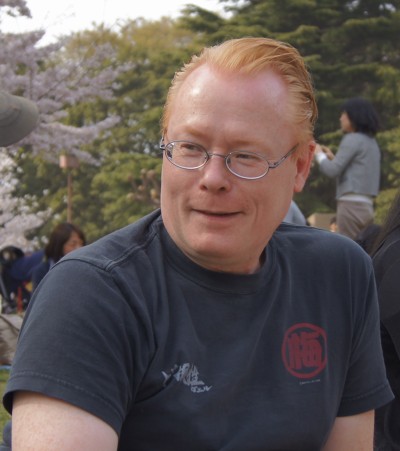
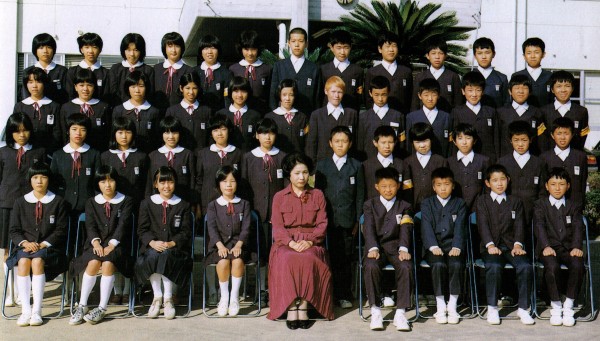
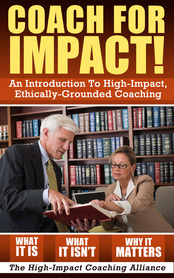
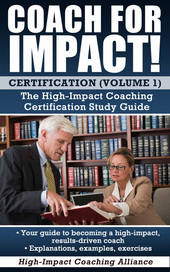
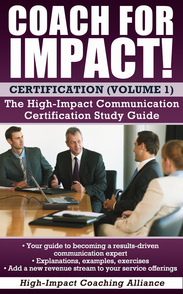
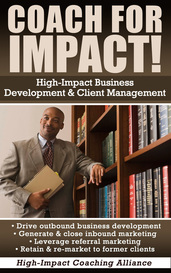

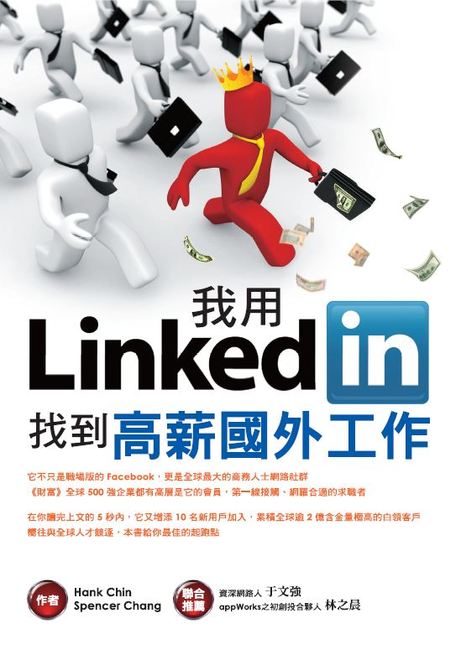
 RSS Feed
RSS Feed

